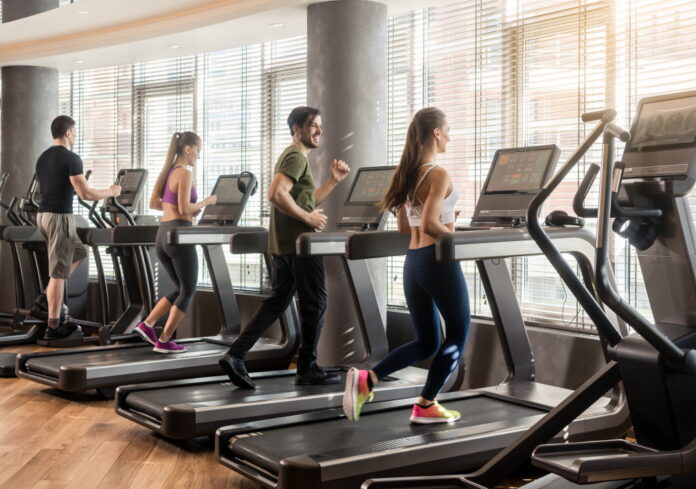Your Patients Should Know What Is Target Heartbeat Rate for Their Goal
By Winston Lee L. Ac, Ph.D., KMD
Many patients want to lose weight. Most people start exercising at the beginning of every year, especially in January, when many join a fitness club and work out hard. They walk, run, do weight training, and swim, but there are also countless cases of quitting without seeing results in a short period of time. Many patients start to exercise to lose weight, but in many cases, the effect is minimal, or they even gain weight frequently. How are we, as doctors, to explain to our patients?
I always tell my patients that they should pay attention to their heartbeat rate (HBR) when exercising. Heart rate refers to the speed at which the HBR and how many beats per minute are calculated. When a person is at rest, an average of 60 to 80 beats per minute is normal, about one beat per second. When people exercise, this heart rate increases and numerous studies have determined the range of heart rates for aerobic and anaerobic exercise, respectively.
The number is not fixed, but it varies depending on their ages. If you are in your 40s and you exercise with a heart rate of 100 to 125 beats per minute, you will lose weight, and between 125 and 145, aerobic exercise will improve cardiorespiratory endurance rather than losing weight.
Appropriate heart rate depends on gender, age, and whether or not you are taking antihypertensive drugs. Exercising too hard with 145 HBR per minute or more can increase your appetite and cause weight gain. Patients need to check their HBR by directly holding the pulse of their wrist with their fingers. However, watching HBR in real time through wearable devices such as an Apple Watch or Fitbit can find the appropriate exercise intensity these days.
Even if a person exercises, it does not make sense to wish to lose weight by only walking with 80 HBR per minute or less, which is the level of walking with a dog. Conversely, if you start abruptly doing an exercise that you have not been doing recently, and you do intense exercise that raises your HBR above 145, your appetite will increase, and you will eat more after exercise. When a person usually doesn’t exercise at all, the next day, the body aches and hurts after suddenly doing this intense exercise. So, after taking a few more days off, they will gain more weight. If your biggest goal is to lose weight, it is enough to do 20 to 30 minutes of light exercise at about 100 HBR per minute at first and then 30 to 40 minutes at an intensity of 100 to 120 per minute every other day. If a patient wants to improve overall muscle strength along with weight loss, even if you do the same exercise, interval training is much more effective. On the contrary, if a person who is worried about not gaining enough weight wants to gain weight, it is right to do intense exercise in a short time. It is useless for a man who wants to gain weight to jog for an hour at a heart rate of 100 to 120.
Through weight loss, diabetes, high blood pressure, various allergies, pain from numerous reasons, mental illness, and countless other modern diseases can be prevented and treated. When advising patients on weight loss, we should tell them to control the intensity of their workouts to their goals through the HBR mentioned above. Even if you do the same exercise and watch your HBR in real-time with an Apple Watch or Fitbit, the efficiency is significantly different even if you spend the same amount of time.

































